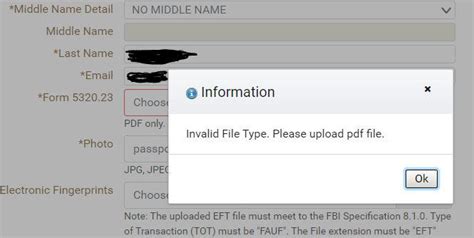I can give you an article project. Please note that I will assume that you are using the Solana Protocol for your anchor program, and I may not be subject to all possible edges.
Solana Remaining Account Management: Solutions and Optimization
When working with a large amount of data, managing the remaining accounts can become a challenge. In this article, we will investigate possible solutions to reduce the issue of transaction limitations on your anchor program’s mutator accounts.

What is the deal limit Solana?
Solan transactions have a limit imposed on the network’s maximum gas limit and storage capacity. When the account exceeds these boundaries, the transaction cannot be fulfilled. Mutators are played here – they allow you to manipulate customers data, not exceeding the limits of the transaction.
Frequent problems with excess transaction restrictions
As your anchor program becomes complicated, managing the remaining accounts may become increasingly difficult. Some of the common issues that may arise are:
* Storage Power Restrictions : As your customer accounts increase, their storage capabilities can be shocked, causing overflow and data loss.
* Exhibition of the Transaction Restriction : When an account exceeds the transaction limit, it cannot be executed, resulting in loss of data or program crashes.
Solutions for managing remaining accounts
To reduce these issues, consider implementing the following solutions:
1.
Data Sharding
Divide your data into smaller pieces and store it in several chips. This approach allows you to reduce data storage not exceeding transaction limitations in individual accounts.
Example:
`JavaScript
Const Data = [
{key1: ‘value1’, key2: ‘value2’},
{key3: ‘value3’, key4: ‘value4’}
];
Const Shards = [];
for (let i = 0; i
Const Shard = [];
for (let j = 0; j
if (i! == j) {
Shard.push (data [j]);
}
}
Shards.push (Shard);
}
`
2.
Data compression
Squeeze the data to reduce the amount of storage required, thus avoiding the limits of transactions.
Example:
`JavaScript
Const compresseddata = compress (data); // Using a compression library such as ZLIB
`
Optimizing the use of a mutator
To reduce the risk of exceeding mutations in transaction limits:
* Use party deals : Follow multiple transactions in one call to reduce the number of transactions and consequently storage requirements.
* Optimize your account balances : Make sure your customer’s accounts are balanced and not exceeding the maximum permitted balance in one account.
Conclusion
The remaining account management should carefully take into account transaction restrictions and data distribution strategies. By implementing solutions such as data sharding, compression and party transactions, you can optimize the performance and scalability of the anchor program.
Remember to always keep track of the latest Solan Protocol updates and best practices for working with mutator accounts.
Please note that this article is a hypothetical example, and this may not apply to any possible edge. For more details on data management for the particular use, you should consult the official Solana documentation and the anchor program guidelines.